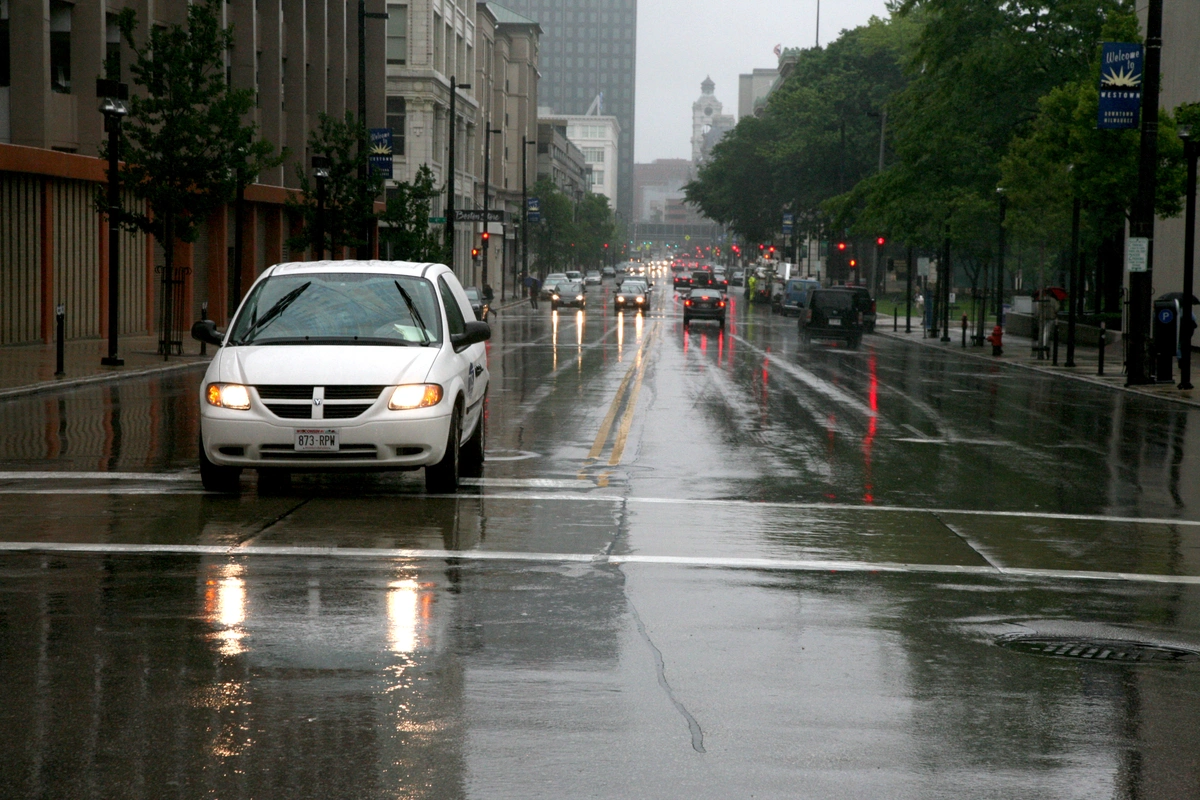Your Shopping Cart
Your cart is empty.
Subtotal ( items)
Instant Rebate Applied:
Promo Code Applied: ID.me Discount Applied:
Have a Promo Code?
Size:
Item
Item
Selected for:
/ each
Add-Ons
Wireless air pump capable of pumping up to 150 psi with 2000 MAH power bank.



Fully protect your clothes and vehicle interior during transportation of your tires. For Tires up to 31" tall and wheels up to 22".
Per sensor
Add TPMS Sensors
/per sensor
Please confirm the make, year, model and trim of the vehicle you want to purchase for:
How many sensors do you need?
The vehicle you have selected is not compatible with aftermarket TPMS Sensors.
Enter a different vehicle to add TPMS sensors

 Front Tire Size:
Front Tire Size:
 Rear Tire Size:
Rear Tire Size:
 Your Vehicle:
Your Vehicle:
Pros & Cons of Staggered Fitment

Attractive Design

Improved Handling

Improved Cornering
Bumpier Ride
Poor Traction in Snow
How do I find my tire size?



Need help?
 Your Vehicle:
Your Vehicle:
Pros & Cons of Staggered Fitment

Attractive Design

Improved Handling

Improved Cornering
Bumpier Ride
Poor Traction in Snow
How do I find my tire size?



Need help?
Pros & Cons of Staggered Fitment

Attractive Design

Improved Handling

Improved Cornering
Bumpier Ride
Poor Traction in Snow
Need help?
Need help?
How do I know if I have an LT tire?

 Your Vehicle:
Your Vehicle:
Sorry, we could not find any available
wheels for your sizing selections.
Need help?
What Are All Weather Tires, And Why Do Some Drivers Prefer Them?
By Tire Agent Staff
January 18, 2023
The different types of tire options for your vehicle can seem confusing. After all, there are a lot of factors you need to consider when purchasing tires for your vehicle. If you live in an area that gets cold winters, you’ve probably had to consider tires that handle driving in snow, ice and slush.
In this article, we’ll be discussing all-weather tires as a possible option for your car.
All-weather tires are tires that are meant to be used in almost any weather condition (assuming that it’s still safe to drive your car in that condition!). In terms of tire build, this means that an all-weather tire will have tread blocks built to handle ice, slush, and snow. All-weather tires are unique in that they usually have a rubber compound that can withstand cold and warm conditions. You probably won’t have to switch them out between summer and winter as you would with winter tires.
What is the Difference Between All-Weather and All-Season Tires?
All season tires vs all weather tires: These two similarly named tire types are often confused because of their similar terminology. You would think that all season and all weather essentially mean the same thing, right? After all, "all" means "all"!
No! In fact, all-season tires are generally not recommended to be driven in snow. They’re designed for ride comfort in dry weather and the mildest conditions of any season. In heavy snow or rain, all-season tires won't have the traction needed to drive in extreme weather conditions. You’ll likely need to switch your all-season tires out for snow or winter tires.
All-weather tires, on the other hand, are designed for year-round performance. Keep in mind that while you’ll be able to drive through snow and slush, you should still be cautious as your tires won’t have studs or chains to handle the heaviest snowy conditions.
It’s also worth noting that all-season tires generally offer a more comfortable year-round ride than all-weather tires. All-weather tires have thicker tread blocks which can lead to a noisier and slightly bumpier ride than all-season tires. Therefore, all-weather tires aren’t as useful for areas that experience light or no snowfall.
What About All-Weather vs. Winter Tires?
All weather vs winter tires: We mentioned winter tires earlier. These tires are specifically designed for winter use only. They will have a flexible tire material that stays soft in low temperatures and deep grooves to provide better traction on uneven surfaces. Some winter tires will even have permanent studs for even better traction in deep snow.
Winter tires are optimized for the best possible performance on snow and ice. However, you will need to switch them out during the summer.
Winter tires will be uncomfortable and wear down quickly while driving on dry, flat surfaces. Additionally, snow tires that have permanent studs are not street-legal year-round in most states.
In situations where you experience lighter winters, all-weather tires take the cake as the best option for you. If you expect to go off-road or on roads that aren’t plowed during the winter, you should be safe and look into winter tires as an option.
What’s the Best Tire for Rain?
All weather vs the rain: Rain, on the other hand, is a unique case. Trying to drive through water risks hydroplaning, which is where your car tires slide, skid, or even lose contact with the road’s surface.
If you live in an area that experiences a lot of annual rainfall, or in an area where the excess rain builds up and floods, you’ll need a tire with circumferential grooves and extra sipes that will let water travel through the wheel and be expelled out the sides. It’s also good if your tire has a tread compound that’s designed for better traction on flat surfaces so you maintain contact with the road.
All-weather tires with the above-mentioned features will do well in rainy conditions. However, even summer tires can potentially be suitable for driving in rain if they have the right material and tread design.
Be smart: If your local highway patrol or department of transportation advises you to stay off the roads during heavy rain, listen to this advice. Even with the best all-weather tires, you're safer staying off the roads during torrential rain.
What Are Some All Weather Tire Brands?
Several of the top tire brands carry all weather tires. All-weather tires may be categorized as all-season, but they will usually mention having a specific “weather grip” or have ratings for snow and rain. Here are a few examples:
Goodyear Eagle Enforced All-Weather 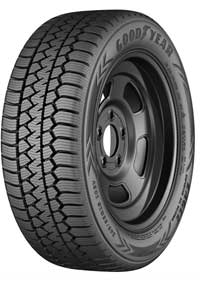
- Tread silica compound designed for winter traction
- Asymmetric treads
- Wide grooves, enhanced shoulder blocks
Firestone Weather Grip All-Season 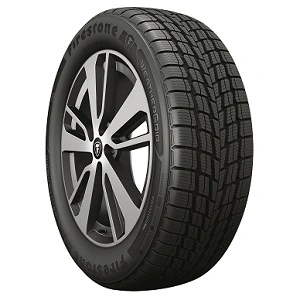
- Open shoulder blocks
- Snow traction
- Full depth sipes
Continental CrossContact LX All-Season 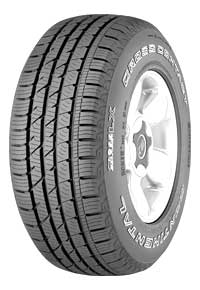
- Fuel efficient
- All-season balanced comfort
- Light snow and wet performance
Toyo Celsius All-Weather 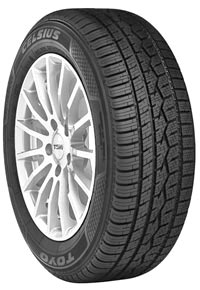
- Variable sipes
- Snow claws
- Deep grooves
Concerned about the cost of another set of tires? Tire Agent offers numerous tire financing options, so you can pay over time.
Next Post:
Your 5-Point Tire Maintenance ScheduleHow to Qualify for the $50 Offer
- Add items to your cart and begin checkout.
- Select PayPair and apply for financing.
- If you’re approved by a participating lender, you’ll see a $50 promotional rebate applied to your order total.
-
To receive the $50, you must:
- Complete your purchase with a qualifying lender,
- Agree to the payment terms,
- And make the required number of consecutive on-time payments, as specified by the lender.
Note: Offer available only through select lenders. Additional eligibility requirements and conditions apply. Rebate may be issued after verification of qualifying payment activity. Terms subject to change.
How to Purchase Tires and Wheels
With a Payment Plan
Tire Agent's payment plans make it easy to get the best partial or full set of tires and wheels for your vehicle.
It's fast, secure and won't affect your credit score
Match with multiple lenders
Why Choose PayPair?
PayPair’s Partners and Plans

No Money Down

No Money Down

No Credit Needed*

No Money Down

$1 to Start!*

No Money Down

No Credit Needed*

$1 to Start!*

No Money Down
Other Payment Plans

Pay Over Time

Pay with your bank account

Simplified checkout experience

Faster and easier than using cards or cash

Simplified checkout experience

Faster and easier than using cards or cash
*SNAP: The advertised service is a lease-to-own agreement provided by Snap RTO LLC. Lease-to-own financing is not available to residents of Minnesota, New Jersey and Wisconsin. NO CREDIT NEEDED: Not all applicants are approved. While no credit history is required, Snap obtains information from consumer reporting agencies in connection with applications, and your score with those agencies may be affected. PAYMENT PLAN: The standard plan consists of renewable lease terms. To exercise an early ownership, consumers must make regular payments on time and schedule additional payments via the customer portal or by contacting Customer Care at 1-877-557-3769. KATAPULT: The Promotional Initial Payment (plus any applicable taxes and fees) is due at lease signing. Your lease-purchase payment amount will be determined after you select your product(s). You will not acquire ownership of the product(s) if the total amount necessary to acquire ownership is not paid. The Promotional Initial Payment does not reduce the cost of the lease-purchase agreement. The Promotional Initial Payment is only available when shopping at Tire Agent through the Katapult mobile app and at Tire Agent's’s website. Product pricing subject to change and availability. Disclosure: 90-day early purchase option (EPO) terms and conditions apply: 90-Day (3 months in CA) You can buy out your lease-to-own agreement within the first 90-days. This amount includes the cash price, plus the lease-to-own cost for the first 90-days. Taking advantage of the 90-day purchase option will save you the most money! PROGRESSIVE: Ownership by rental/lease agreement with Progressive Leasing costs more than the retailer’s cash price. Select items only. Cancel or purchase early at any time. Not available in MN, NJ, VT, WI, WY. Progressive Leasing obtains information from credit bureaus. Not all applicants are approved. Standard agreement offers 12 months to ownership. 90-day purchase options cost more than the retailer’s cash price (except 3-month option in CA). To purchase early or to cancel lease, you must call 877-898-1970. Retailer cannot activate early purchase options.

